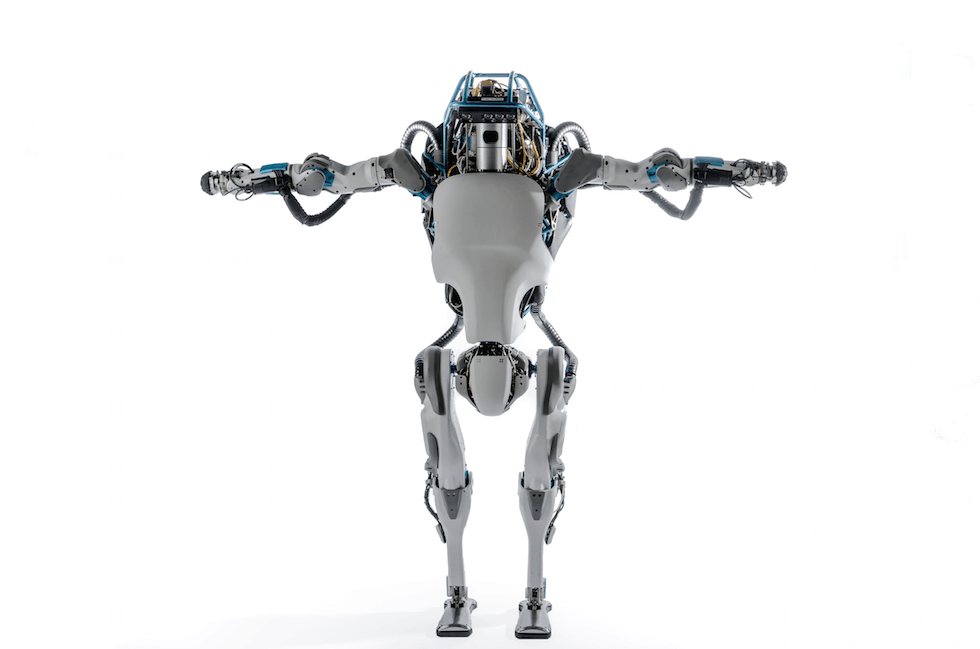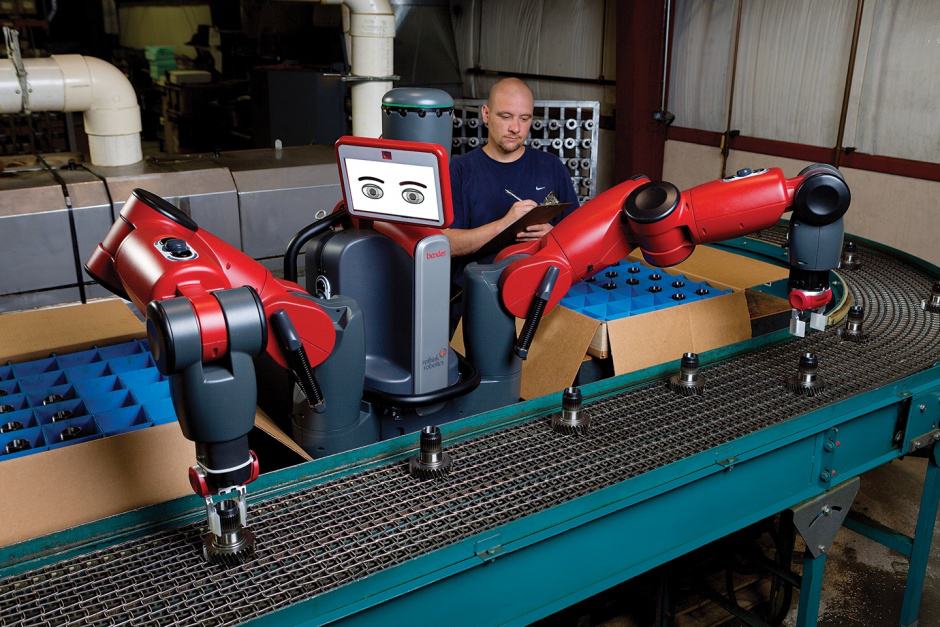His comments provoked a predictably hysterical response from the mainstream media. “Robots to steal 15million of your jobs” screeched the Daily Mail, whilst The Express briefly forgot about its hatred of immigrants and warned that “androids” now posed the biggest threat for “Brit” jobs.

In fairness, although the tabloids only picked up on one aspect of what was a wide-ranging speech on the economy, Carney’s comments were only marginally less apocalyptic than the papers would have us believe. Discussing the uneven gains enabled by advances in technology, he more or less handed tabloid sub-editors their headlines on a plate when he warned that “Up to 15 million of the current jobs in Britain could be automated over time.”
The transformative effects of automation – both positive and negative – are always an emotive topic. And there’s little doubt that the technological revolution we’re living through will ultimately render many human jobs redundant. Indeed, with some news outlets now experimenting with automated news-writing technology, there’s an outside possibility that The Engineer of the future could be written by robots.
And with the robot to worker ratio rising rapidly around the world, many argue that now is the time to work to ensure that the benefits of automation are passed onto the rest of society.
Of course, none of this means that we shouldn't still be optimistic and positive about some of the high-skilled opportunities created by the march of the robots.

Take the medical advances made possible by the development of the eye surgery robot featured in our latest special report. Currently undergoing trials in the UK at Oxford’s John Radcliffe Hospital this teleoperated technology which enables human surgeons to operate with previously impossible levels of precision – is a perfect example of how robots can advance – not extinguish human expertise.
As always, we're interested to hear your thoughts on whether or not we should be concerned by the rise of automation? And please do take a moment to vote in this week's poll on the topic.





Red Bull makes hydrogen fuel cell play with AVL
Many a true word spoken in jest. "<i><b>Surely EVs are the best solution for motor sports</b></i>?" Naturally, two electric motors demonstrably...